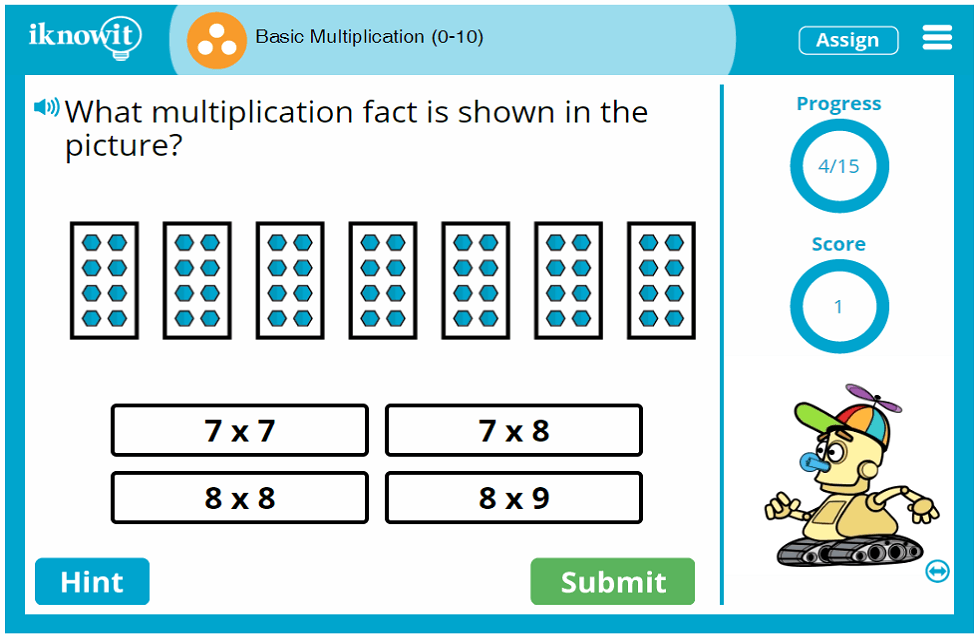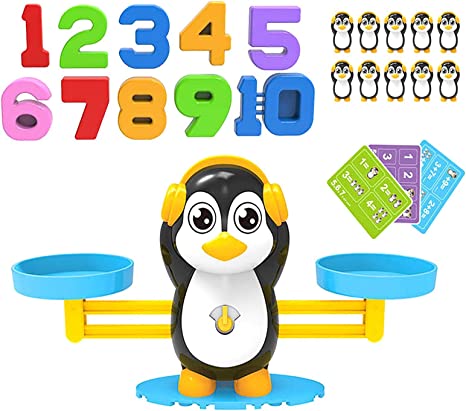
You might be wondering how to become a teacher in Louisiana. Louisiana offers several options. The entry-level certification is the Level 1 Professional Certificate. This certification can be renewed once and lasts three years. A Level 2 Certificate is required if you want to move up to the next level.
Louisiana Teacher Exams
Candidates who wish to teach in Louisiana's public schools must meet several requirements. To be eligible to become a teacher, candidates must pass core academic skills tests. Candidates may be exempted from the tests if their previous SAT/ACT scores are in order to become eligible for teacher certification. To determine which tests candidates need to take, candidates should visit the Educational Testing Service website.
A bachelor's degree is required to become a teacher in Louisiana. It is necessary to also complete an educator preparation course. You will also need to complete a student teaching portion. After these requirements are completed, prospective teachers should take Praxis examinations. After passing the Praxis examinations, aspiring teachers can apply for a teaching certificate.

To become a Louisiana teacher, you must pass Praxis. Teaching in Louisiana requires a minimum bachelor's degree as well as passing the Praxis exams. For prospective teachers who already have a bachelor's degree, there are alternative pathways to certification. The Tulane School of Professional Advancement, for example, offers post-baccalaureate and graduate certificates in education.
Louisiana teacher salaries
According to an Economic Policy Institute study, Louisiana's teachers make on average 28% less than those working in other fields. This is called a wage penalty and is one reason for teacher shortages. A Louisiana teacher earning $52,000 per year could earn $72,000 in another field. However, the Louisiana legislature approved an increase of $1,500 in teacher pay to help with the teacher shortage.
The teacher salary increase is not enough to keep up the increasing cost of living. It's only 3% of a 3% increase that is required to stay competitive with other occupations. To catch up to the $55,205 Southern regional average, neighboring states propose pay increases of two to fourfold. Teachers in Louisiana will be forced to leave the profession if they don't receive better pay.
Other routes to become a teacher are available in Louisiana
Even if your school did not offer a traditional teacher training program, there are many other options for you to become a Louisiana teacher. These programs will help you become a teacher and allow you to teach at any school you wish. In order to qualify for these programs, you must have completed a bachelor's degree and a GPA of 2.2 or higher.

An alternative route to university-based programs is the most popular. After completing a program, candidates can receive a teaching job offer from a school district. Candidates can then apply for professional certification. Alternative certification programs for practitioners and teachers are also an option. A practitioner-teacher alternative certification program is available to candidates who have completed a bachelors degree. The program requires that candidates complete at least three years' education coursework in an approved teacher-preparation program. After completing the program, candidates receive a professional licensure.
There are three main routes to becoming a teacher in Louisiana. The Level 1 Professional Certificate, which is the first, is what we call it. This entry-level certification lasts three years. After you have earned your Level 1 Professional Certificate you can move on to earning your Level 2 Certificate. The Level 3 Professional Certificate, which is the most unique of these certificates, can be earned only if you have either a master's or at least a bachelors degree. Once you've completed this program, you can apply for the Level 3 Professional Certificate, and it is valid for five years.
FAQ
What is a vocational school?
Vocational schools offer programs for those who are interested in a particular occupation. They may also provide general education courses and training in skills needed by employers.
Because it helps young people to develop the skills that they need for success in life, vocational education is an integral part of society. It makes sure that every student has access to high-quality educational opportunities.
A vocational school offers its students a range of options, including apprenticeships, certificates, diplomas, degrees, college transfer programs, and other postsecondary credentials. Vocational schools are able to teach both academic and vocational subjects such as maths, science, English, English, social studies and music.
Who can homeschool?
Anyone can homeschool. There are no required qualifications.
It is possible for parents to teach their children after they have finished high school. Many families opt to have their children teach them while they are in college.
Parents with less formal education can learn how to teach their children.
After meeting certain requirements, parents may become certified teachers. These requirements vary by state.
Some states require that all homeschooled students pass a test before they graduate. Others do not.
Homeschooling parents need to register their family with local schools.
This process involves filling out paperwork and submitting it to the school board.
After registering, parents are allowed to enroll their children in public or private schools.
Some states permit parents to homeschool their children without having them registered with the government.
If you reside in one of these states you are responsible for making sure your children comply with the compulsory attendance laws.
What are the main types of early education?
There are many different ways to describe early childhood education. These are the most popular:
-
Preschool - Children ages 2 to 5
-
PreKindergarten - Children ages 4 to 6
-
Head Start/ Headstart for children ages 0-3
-
Day Care/Daycares - Children from 0-5 Years
-
Child Care Centres - Children from 0-18 Years
-
Family Child Care for Children Ages 0-12
-
Home Schooling - Children ages KG to 16
What is the difference between a college and a university
A university can be described as an academic institution that offers higher education. It offers courses in various areas, both undergraduate and postgraduate.
A college is usually smaller than a university and has a lower reputation. It may offer fewer courses but often has its own specialist departments.
Statistics
- “Children of homeowners are 116% more likely to graduate from college than children of renters of the same age, race, and income. (habitatbroward.org)
- Data from the Department of Education reveal that, among 2008 college graduates, 92.8 percent of humanities majors have voted at least once since finishing school. (bostonreview.net)
- They are also 25% more likely to graduate from high school and have higher math and reading scores, with fewer behavioral problems,” according to research at the University of Tennessee. (habitatbroward.org)
- Globally, in 2008, around 89% of children aged six to twelve were enrolled in primary education, and this proportion was rising. (en.wikipedia.org)
- They are more likely to graduate high school (25%) and finish college (116%). (habitatbroward.org)
External Links
How To
How to enroll in homeschooling
Homeschooling involves the teaching of subjects to children through a variety of methods including reading books, watching videos, exercising, and listening to music. Because they allow students to learn at their pace and develop skills like problem solving, creativity and self-discipline as well communication and social skills.
It is very common nowadays to see people who want to educate their children at home, especially parents who work full-time and do not have enough time to spend with their kids. If this is the case, they have two options: homeschooling or a private school. This allows them to spend their time and energy on education instead of worrying about whether someone will be available to look after their children.
There are many benefits associated with homeschooling; some of these include developing the ability to think critically and creatively, increasing their knowledge base, improving their language skills, developing their personal identity, becoming independent learners, and having greater control over their life than if they were attending school.
Homeschooling's main purpose is to give children quality education so that they can be successful adults. There are certain prerequisites that must be met before you start homeschooling. You must determine if your child is eligible for public or private school. If you decide to start homeschooling, you should consider what kind of curriculum you will use. There are many curricula that you can find online, depending on your budget and expertise. There are many options, including Waldorf, Montessori, Waldorf and Reggio Emilia. Charlotte Mason, unschooling and natural learning. You must also ensure that you have all the resources necessary to educate your child before you start homeschooling. This includes buying textbooks, educational materials and computers. These items can either be bought online or at local stores.
Once you have completed all the steps mentioned above, the next step would be to register yourself as a homeschooling parent. It is best to ask your state education department for help. They will help you fill out forms and advise you on how to start homeschooling.